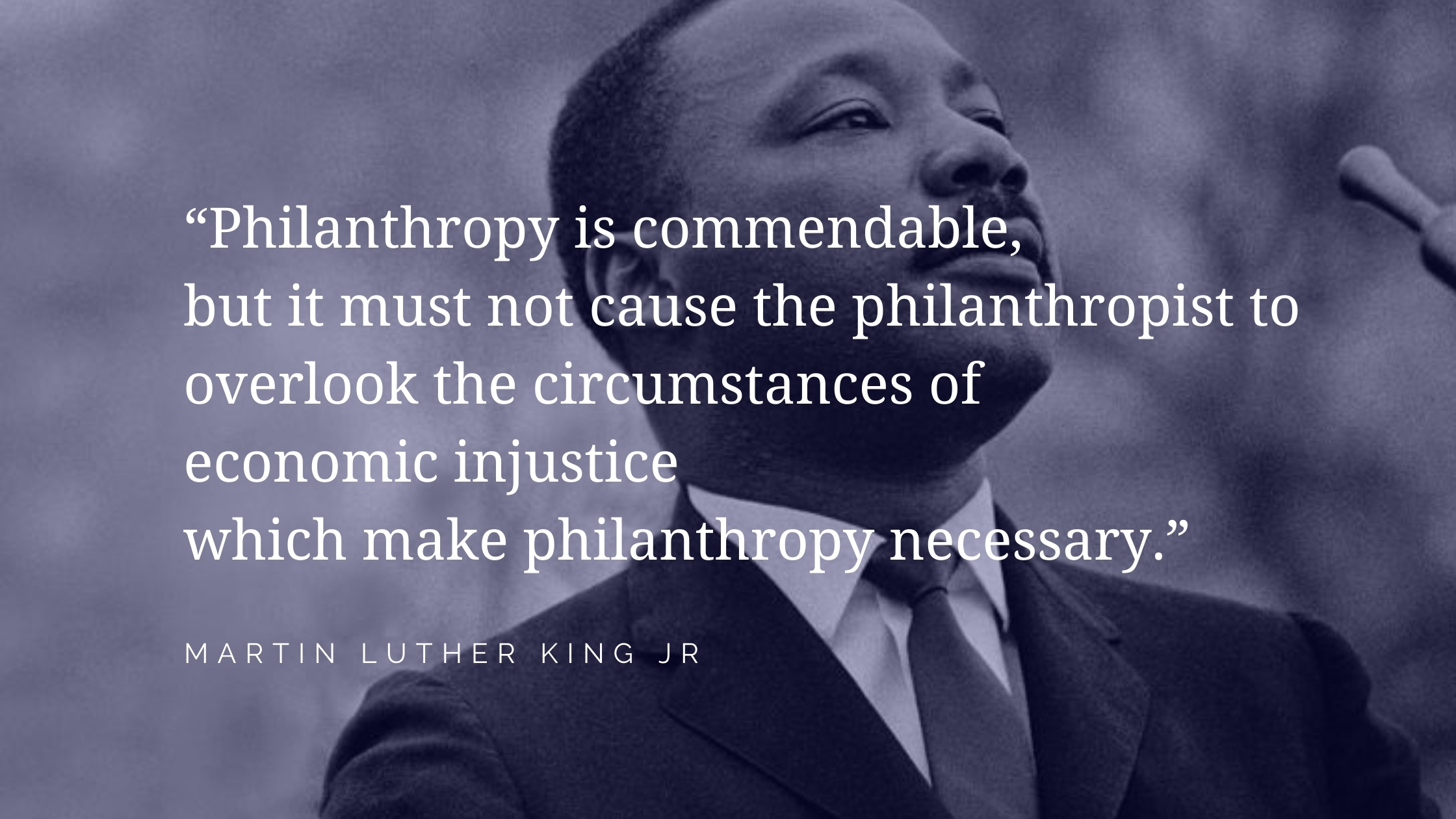
“Philanthropy is commendable, but it must not cause the philanthropist to overlook the circumstances of economic injustice which make philanthropy necessary.”
Martin Luther King Jr.
This blog post is part of our Meaningful Conversations Series where we explore charitable giving and philanthropy with experts in the fundraising field.
Charity Panel Presentation with Ruth Mackenzie, President and CEO, Canadian Association of Gift Planners (CAGP), and Jack Silverstein, Founder, YUCKS Enterprises – May 19th, 2021
At our most recent Meaningful Conversation: Charity Panel Presentation we discussed what does it mean to create a new model for philanthropy – and why do we need one?
Betty-Anne Howard:
So the question is – what exactly do we mean by a “new model” for philanthropy. For me, when I talk about a new model, I mean creating a new conceptual framework going forward into this post-pandemic world. I think it’s important to understand what words we are using, are they inclusive, and if not how do we go about changing that?
Our words create our world so sharing a common language is an essential component of our language and therefore our conversations. What constructs have we created in the past that no longer serve us and what we are trying to accomplish via charitable giving and philanthropy? What are our perceptions based on these constructs? Do we need to create a new model for philanthropy, and if yes – what would that look like?
Ruth Mackenzie:
It’s a great question and I love the open-ended nature of it. I’m not sure that I would say we need a new model of philanthropy, I feel like for most people engaged in philanthropy on an ongoing basis, the concept is working fairly well. It’s about engaging with your community and making a difference. It’s about something transformational and not transactional, as a relationship you have.
I am more interested in looking at and thinking about how inclusive philanthropy is, who’s left behind, who’s needs aren’t being addressed by philanthropy, who’s not feeling that they can put into or get anything out of being philanthropic? Who’s not part of the conversations that are happening in our sector, who doesn’t have a voice, and are we being inclusive and equitable?
We need to make sure that we’re talking to people in a comprehensive way so that is part of the context for a new model for philanthropy.
Jack Silverstein:
Well, it’s a great question – and I think it’s important we discuss the model we are using – is it for the donors, the organization, or the staff because I think there have been some big changes in all 3 of these essential parts.
Philanthropy is changing, it’s really only 30 or 40 years old as a profession in Canada. It’s kind of going through what my friend Jason Lewis calls a messy adolescence. I think fundraising is now coming into its own. You know there’s the CFRE designation and Carleton University has a Masters program in Philanthropy and Nonprofit Leadership.
On the one hand, it’s no longer seen as a kind of dirty little professional begging for money. On the other hand, donors are becoming more sophisticated, they’re looking for more and more impact and if they don’t see it they move on elsewhere. Donors are asking a whole lot of questions and if they don’t get the answers they just move on. Building on Ruth’s point – is the organization representative of the community that it wants to serve? Does it have a vision and mission statement to be inclusive? Or is it just putting that down as lip service. Donors are starting to figure this out and they are seeing the disconnect there.
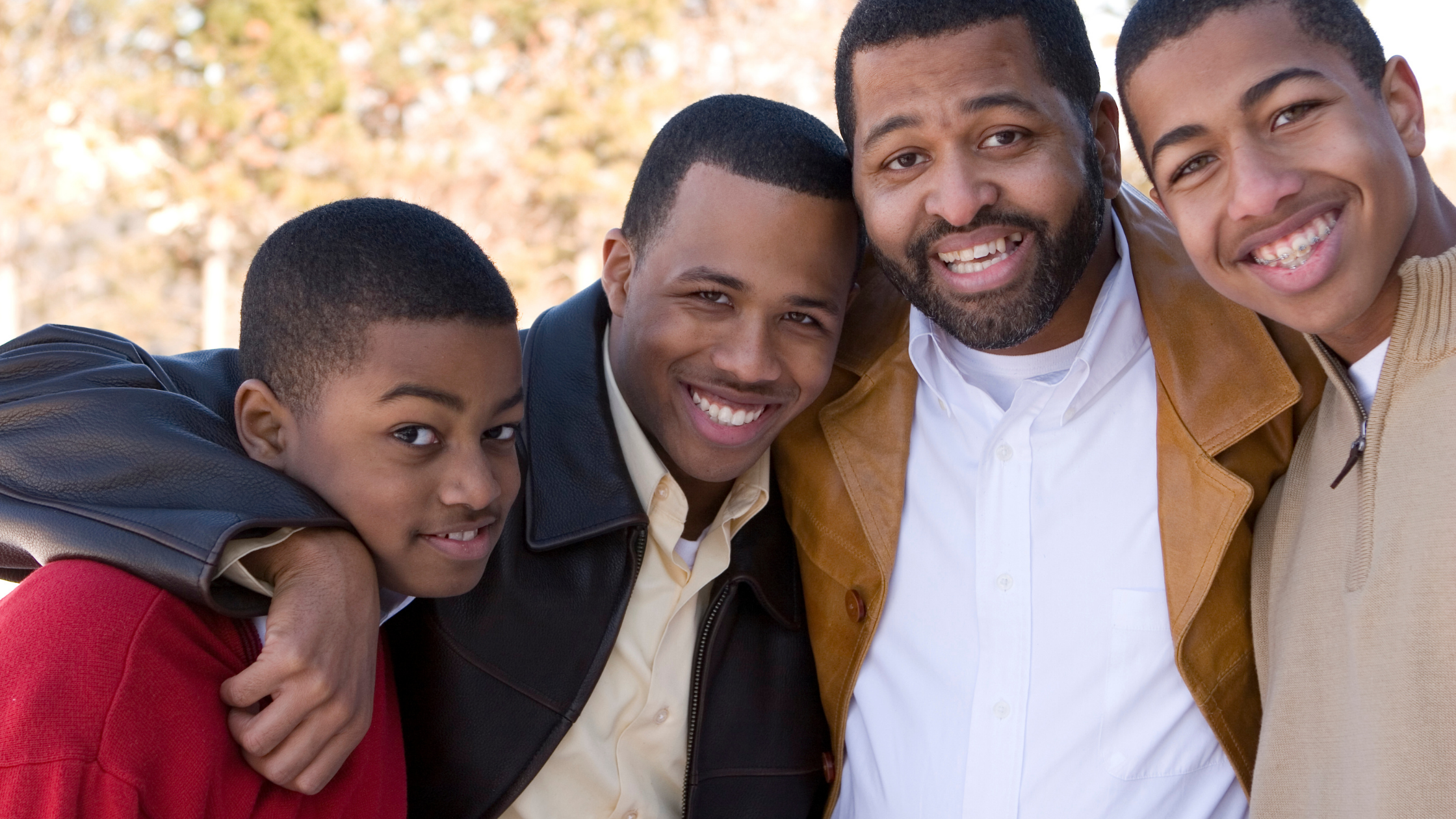
Betty-Anne Howard:
On the Financial Planning side of this conversation, our clients are wanting to align their values with an organization that matches the impact they’d like to have and they aren’t sure where to turn to or how best to explore and discover who is doing what in the community.
What I have found as I’ve taken a closer look at the work done by different charities in my efforts to assist my clients, I’ve been amazed and impressed with all the great work that is being done within the charitable sector.
We have a role to play to bridge the gaps that are there to help people identify and align with the role of different charities. The values piece is critical to the conversations and as my friend Codi Shewan wrote about in his book Everyday Legacy: Lessons for Living with Purpose Right Now, we need to put the lens on how we live our lives every day. I want us to take that lens and expand it to include how we want to be remembered. The two are very much connected and yet somehow we keep having to re-ignite that connection.
Ruth Mackenzie:
It’s about understanding your life, and what your life means to your community, your loved ones. And how you want to have lived that life through generosity. And then ultimately the story you want to tell about your life after you’re gone. It’s a longitudinal approach, where you’re thinking about your charitable giving throughout the context of your life, and ultimately your estate, how you want that to continue on after your life.
Jack Silverstein:
It’s interesting, I loathe the phrase planned giving because I think any meaningful gift is a planned gift. The only gifts that aren’t planned were before COVID when your next-door neighbour’s kids would come, and they’re raising money for their band to go on a school trip. That’s an unplanned gift. But any meaningful gift is a planned gift.
As far as values, I think it’s coming down to what are the discussions that you have around the dinner table. In today’s day and age, it’s much more of a family exercise. I think that donors are becoming much more sophisticated and much more thoughtful in where they’re putting their money.
I had an Aha moment a couple of months ago when I read an article that said “the nonprofit sector exists to address systemic inequalities”. That is the purpose of the nonprofit sector, period. That’s what we do. The government can’t do it, the government won’t do it. So this is where I think we can broaden our horizons and look at those systemic inequalities, leveling the playing field. Access is a huge barrier everywhere, and this is the job of charities.

Ruth Mackenzie:
I would agree and having access to arts and culture is a key mechanism to building a quality community. If you don’t have those things you’re at a loss.
Betty-Anne Howard:
So, we were starting to talk about this in terms of inequality – how do we get to the root of the problem?
Ruth Mackenzie:
Well, I come back to the point that I was making at the beginning. You know, when we’re talking about addressing complex social problems, the idea of “nothing for us, without us” in terms of supporting marginalized communities is critical in that you can’t have philanthropists or charities going into a community to fix a problem that the community says doesn’t exist.
And I think there’s a risk of that happening when we don’t have the kind of inclusivity and equity in our communities and in who engages with charities and who is funded through philanthropy. And there’s been lots of studies out about the inequity of granting to BIOPIC organizations, and yet, there’s a lot of philanthropy that is going towards addressing issues in BIOPIC communities.
And if they’re not having a voice, that’s going to be a key barrier to addressing complex social problems versus putting a bandaid on something that seems immediately prevalent and is in line with the interests of a charity or a philanthropist, and not necessarily a collaborative initiative in terms of what the community really needs.
So I think it comes back to making sure that anybody who has a voice and is implicated in a social issue has an opportunity to say how you address that social issue and social problem.
Betty-Anne Howard:
I absolutely agree. So, you know, when I first came into this area, this business of financial services (I have a background in social work), I was struck by the fact that within financial services we speak a certain language and within the charitable sector, it’s a whole other language, and the general public doesn’t generally know what we’re talking about.
For me, creating a new model has to be an exploration of the words we use. And so I wanted to ask you, Jack, what are your thoughts about this? Is it being unrealistic for us to have a common language?
Jack Silverstein:
It’s an interesting question…so let’s talk about titles – I hate titles. So many people have a Director, a Development Officer, and that’s all fine and dandy in the fundraising world – but in the outside world, they all think you’re in construction. Or you have titles something like a Major Gift Director or Major Gift Officer – but what is a major gift? I’ve been involved in campaigns where $1,000 a year is a major gift. I’ve been in campaigns where $25,000 is a major gift.
So, I hate titles, and I think that we need to really give some thought to being donor-centered. Using titles like Chief Philanthropy Officer, or maybe Stewardship Officer or words of that nature which make titles much more customer centred, just so we have some sort of common language that’s understandable by everyone.
Ruth Mackenzie:
Yes, I think it’s absolutely critical. Many of us are familiar with Dr. Russell James and the research he has done around how important language is to inspire people. For example, you don’t say “a legacy gift”, you say, “a gift in your will”, and you make sure that you’re using language that is recognizable and compelling for people and is going to help you achieve the objectives that you want to achieve.
Betty-Anne Howard:
And actually, in listening to both of you talk, it occurred to me that my standard question now, to initiate the conversation with our clients about philanthropy is “who and what has made a difference in your life? And how have they made a difference?” So I think that’s the catalyst where we can start having a more in-depth conversation about what people want to do, and how to help them do it.

Ruth Mackenzie:
If we could just get more advisors having that conversation, though, Betty-Anne! I know you know that so many advisors are hesitant about having those values-based conversations. We know from when we did the philanthropic conversation research in 2014, that donors don’t want to talk about tactical tax planning, they want to talk about values, they want to be inspired and feel compassionate about an issue or a cause and that’s when they’re going to give.
The why as you said, Jack, is so much more important than the how, but we really need more advisors to be talking about that because advisors are just absolutely critical to building strategic philanthropy in this country. And we have this intergenerational transfer of wealth happening. And then it’s with a cohort that is getting more from their assets than they are from their income so that the role of the professional advisor is even more important. But it’s got to be done the right way if it’s going to have meaning for their client and going to drive them to philanthropy.
So it’s so critically important that advisors who have an interest in philanthropy understand the importance of having that values-based conversation and talking to their clients about who they are as people and what they care about. That’s so critical.
Betty-Anne Howard:
I couldn’t agree more, Ruth! And I think as an advisor, and this is true for me, you don’t know what you don’t know. And what stands out for me is how much I’ve learned from CAGP and from charities, I’ve just learned so much. It’s been quite an evolution for me as a financial advisor, and now as a Philanthropic Financial Advisor to be learning what I’m learning and seeing the outcome from it by asking the kinds of questions I do with my clients and then seeing where that goes.
Interested in more Charity Panel Discussions and Meaningful Conversations like this?
Join our FREE Planned Giving Resources Membership to be the first to know about our next Charity Panel Discussion – Free Webinar Series.
Meaningful Conversation Series:
Meaningful Conversations: The Importance of Vision and Emotions in Planned Giving

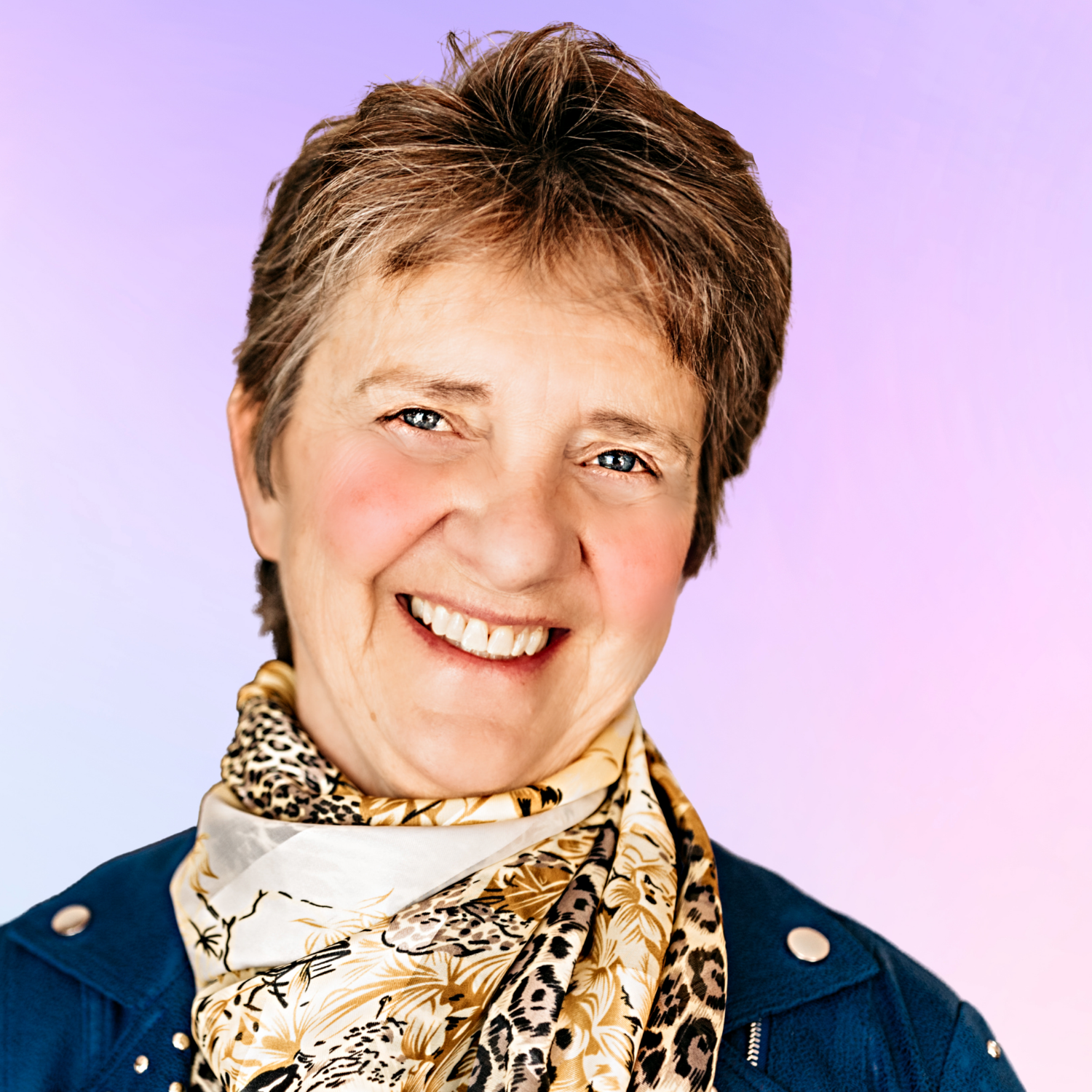
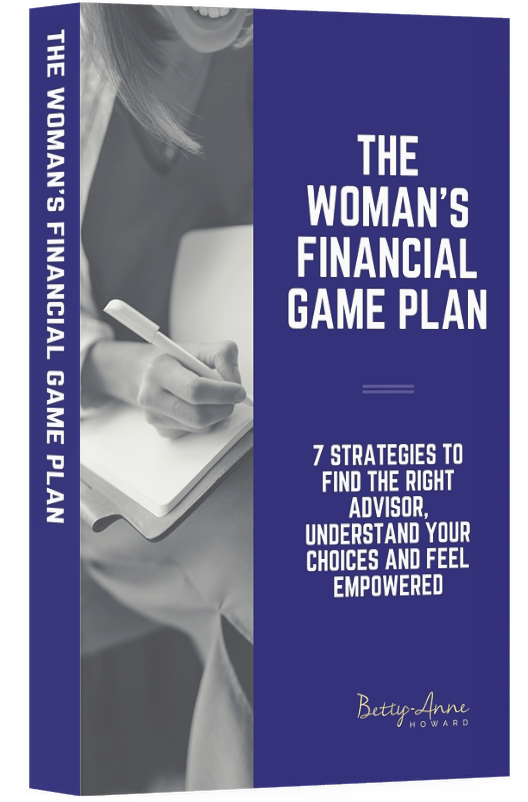
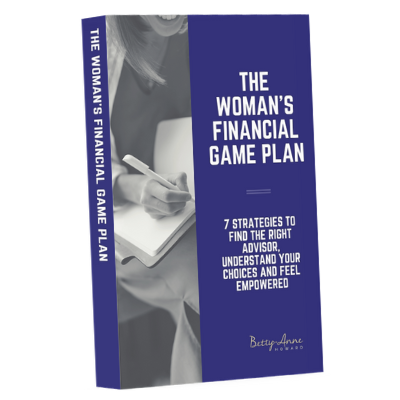

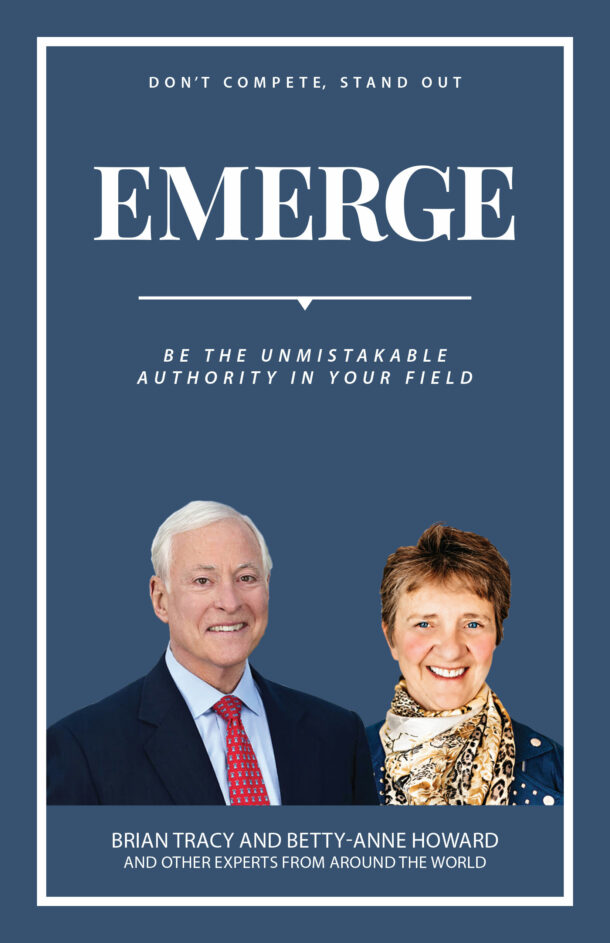
0 Comments